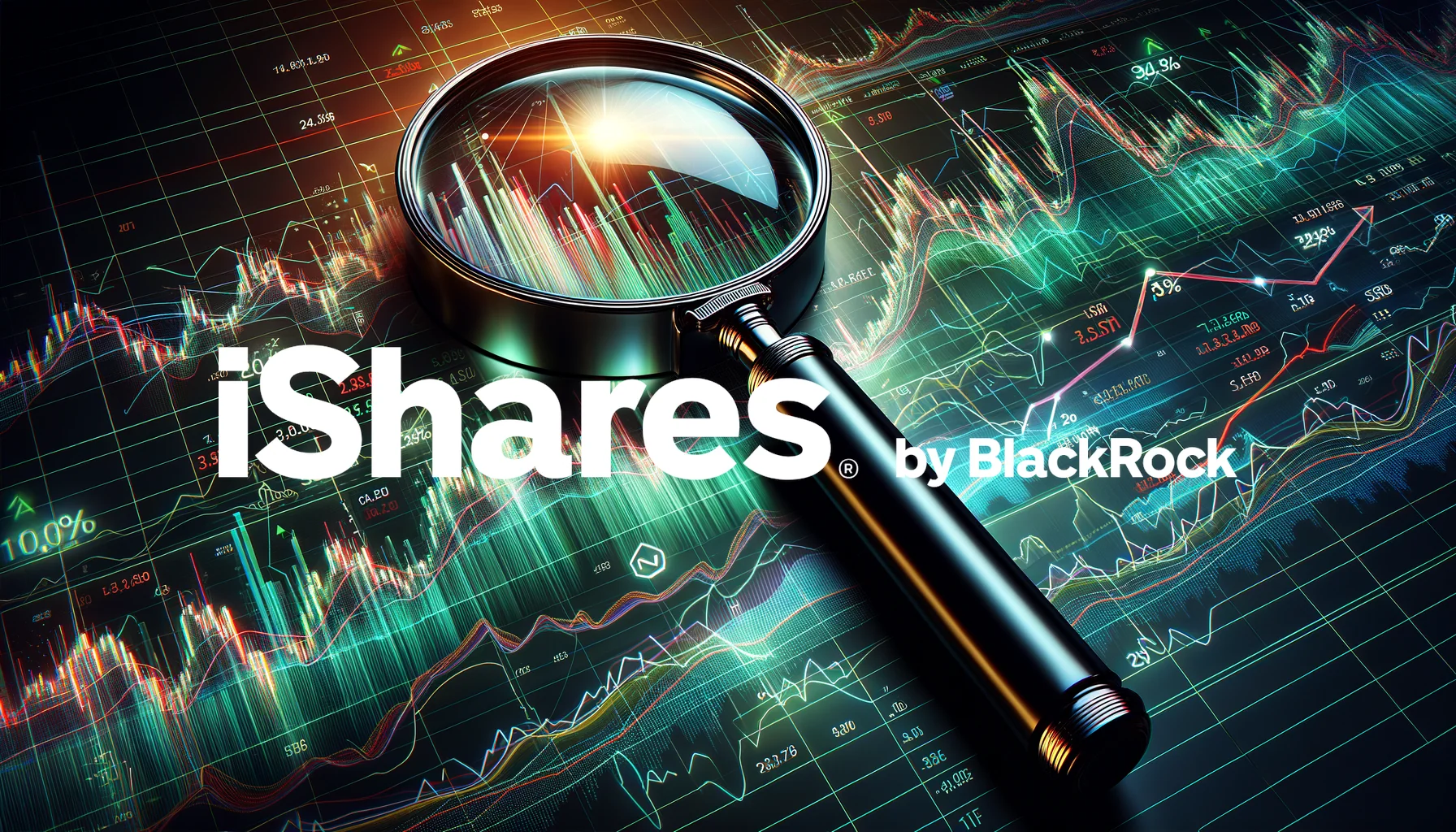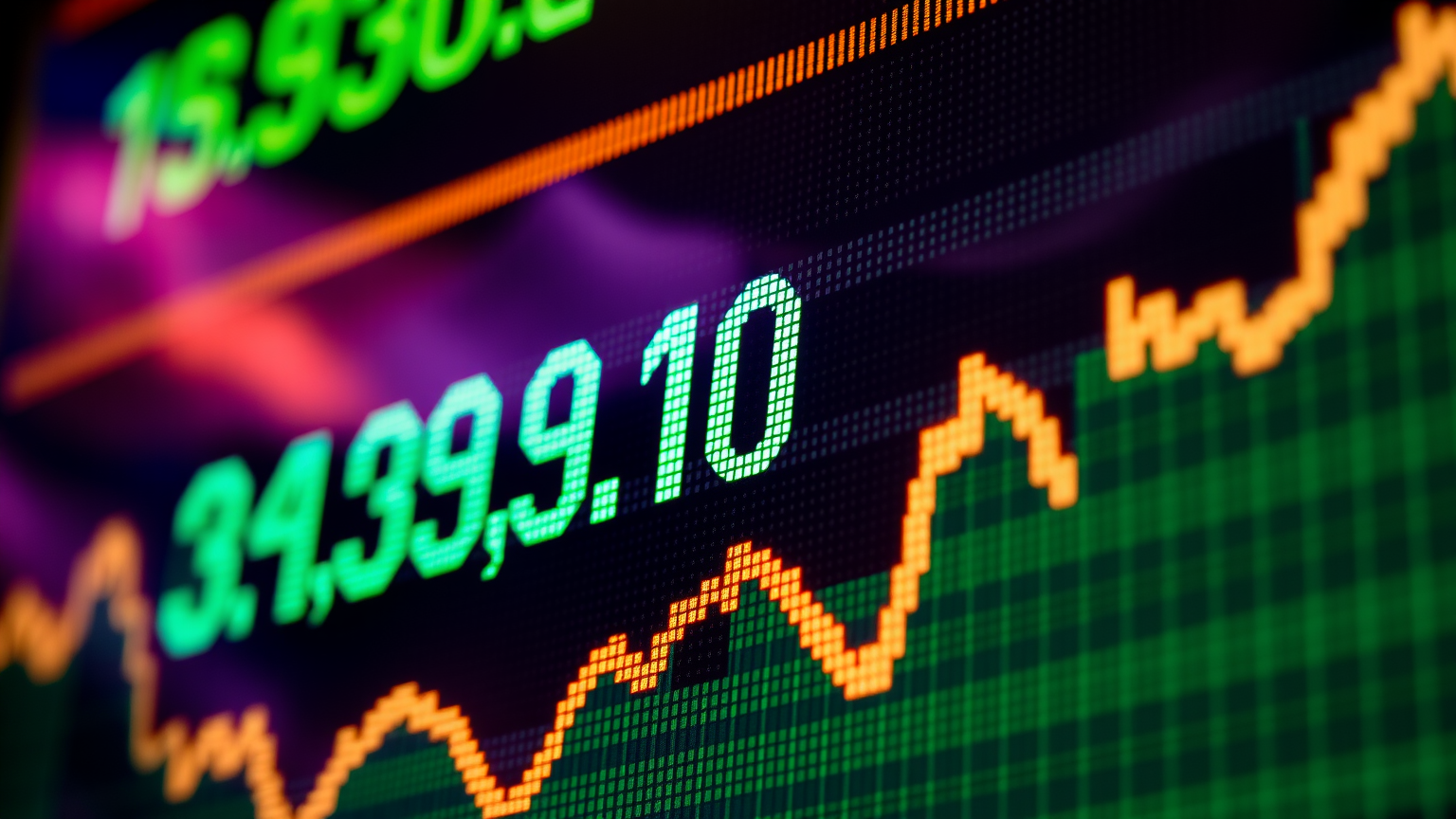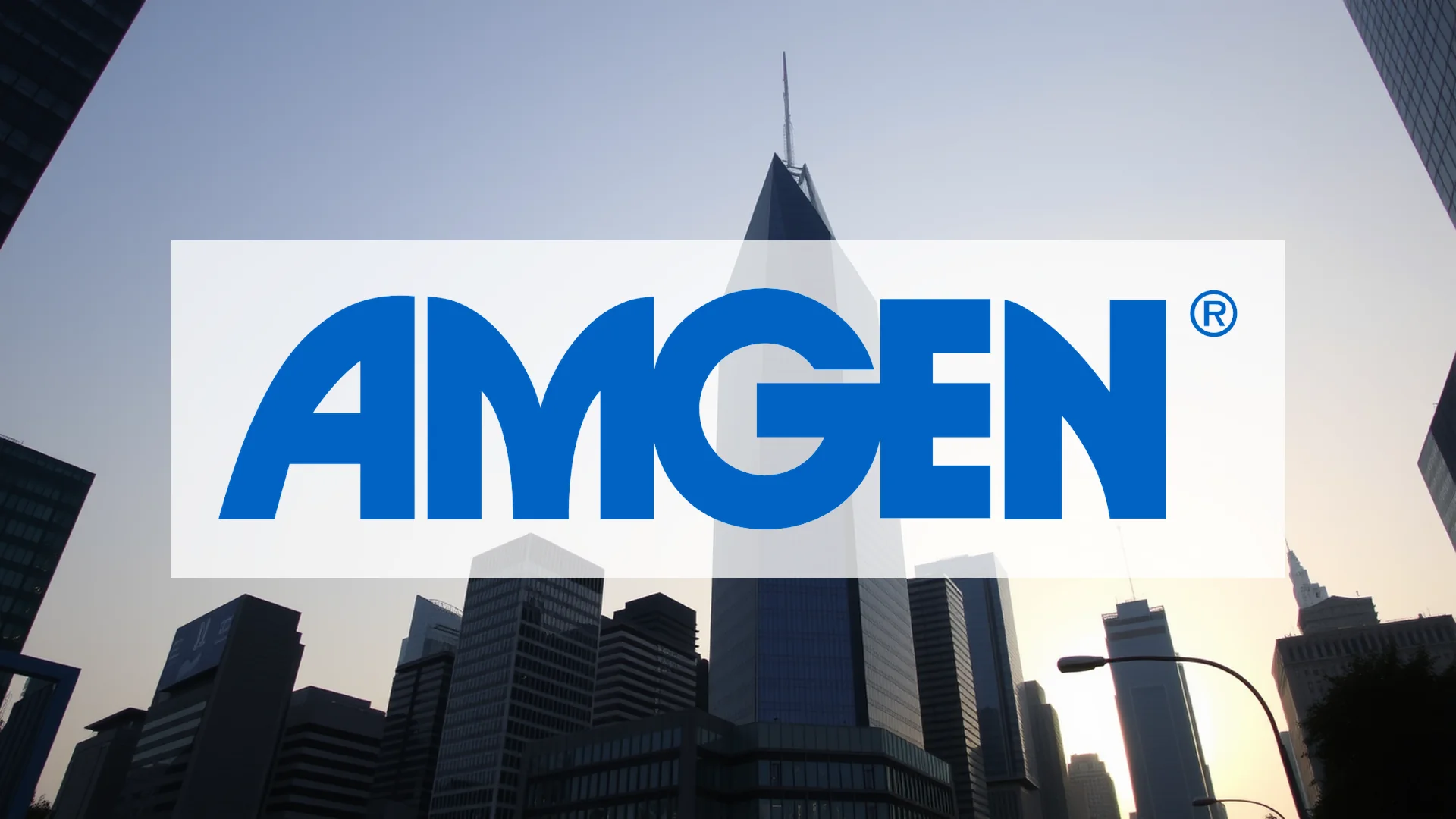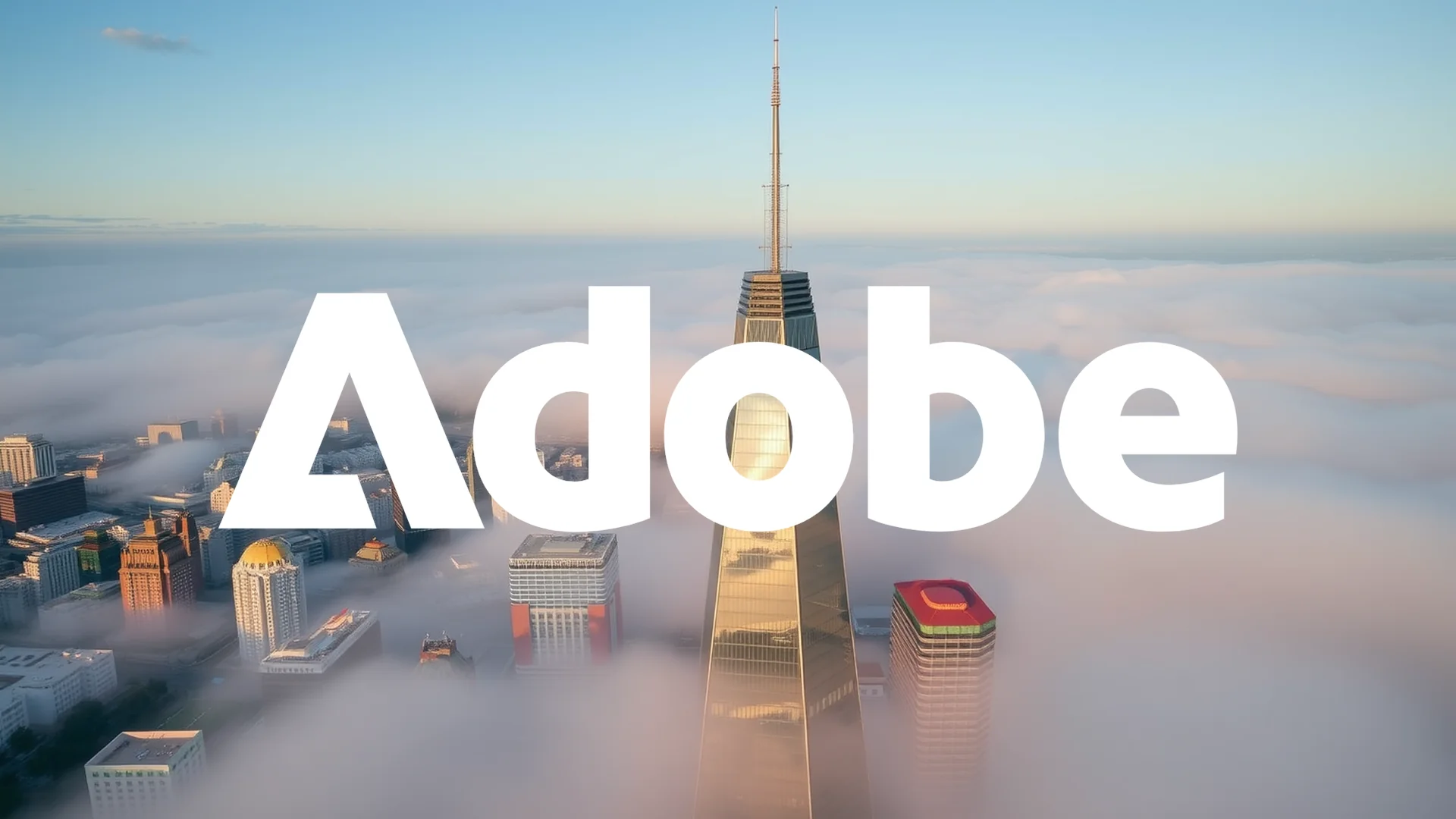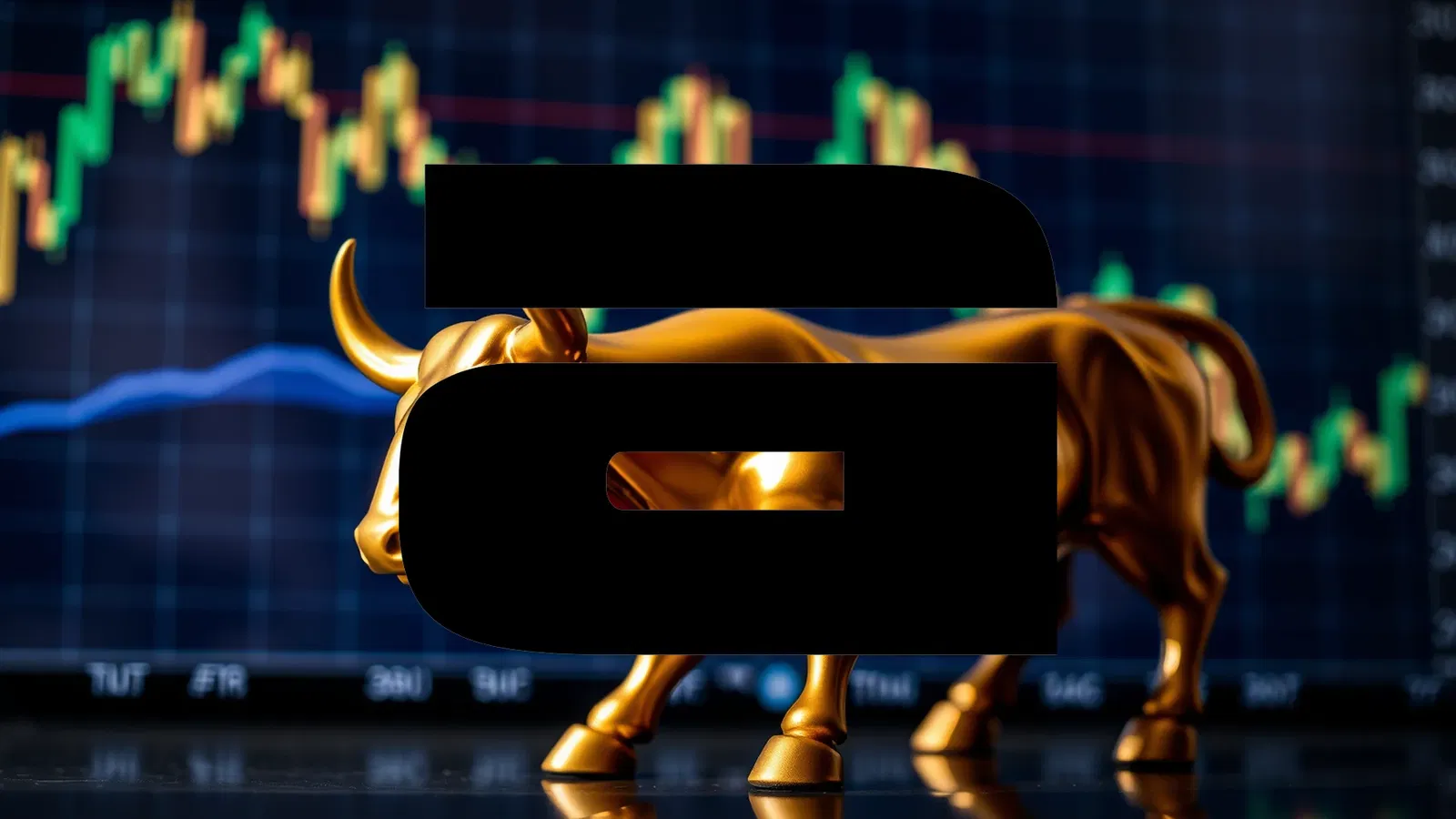At first glance, the iShares Core MSCI World UCITS ETF (SWDA) presents itself as a well-diversified global equity investment. However, a deeper examination reveals a significant concentration in a handful of American technology giants. This fund, one of the largest of its kind with nearly €100 billion in assets, carries a surprising level of underlying risk that may not align with every investor’s expectation of global market exposure.
A Closer Look at the Holdings
A breakdown of the fund’s composition tells a revealing story. The top ten holdings alone account for more than a quarter of the entire portfolio, and this segment is overwhelmingly dominated by U.S. tech stocks. NVIDIA stands as the largest single position, constituting 5.6% of the fund. It is closely followed by Microsoft at 4.7% and Apple with a 4.5% weighting. When combined with the substantial allocations to Amazon, Meta, and Alphabet, these six technology behemoths command a considerable portion of the ETF’s total assets.
This heavy allocation presents a dual-edged sword for investors. On one hand, the persistent rally in the technology sector has been a primary driver behind the fund’s impressive 12.6% annual performance, delivering substantial gains. Conversely, this deep reliance on a single sector increases the fund’s vulnerability to any potential downturn or correction specifically within the tech industry.
Geographic Imbalance and Competitive Landscape
The fund’s regional allocation further emphasizes its U.S. focus. American equities represent the lion’s share of the portfolio, while other major developed markets, including Japan and the United Kingdom, receive noticeably smaller weightings. For an investor whose primary goal is genuine global diversification, this geographic skew could represent an unintended bias.
Should investors sell immediately? Or is it worth buying MSCI World ETF?
Despite these concentration factors, the ETF maintains competitive advantages. Its low total expense ratio of 0.20% and its physical replication strategy for tracking the MSCI World Index are compelling features. The fund’s accumulating distribution policy also enhances its appeal for long-term buy-and-hold investment strategies.
The iShares product is not without competition in the increasingly popular MSCI ETF space. Rival providers such as Xtrackers and Amundi offer comparable products, creating a competitive environment for investor capital. Consequently, the choice between these funds often comes down to subtle distinctions in cost structures and specific replication methodologies, rather than just index tracking alone.
The essential question for investors to consider is whether they are acquiring a truly global index fund or, in effect, a concentrated technology fund with additional global holdings. The answer to this question could significantly influence portfolio performance in the coming years.
Ad
MSCI World ETF Stock: Buy or Sell?! New MSCI World ETF Analysis from February 8 delivers the answer:
The latest MSCI World ETF figures speak for themselves: Urgent action needed for MSCI World ETF investors. Is it worth buying or should you sell? Find out what to do now in the current free analysis from February 8.
MSCI World ETF: Buy or sell? Read more here...

